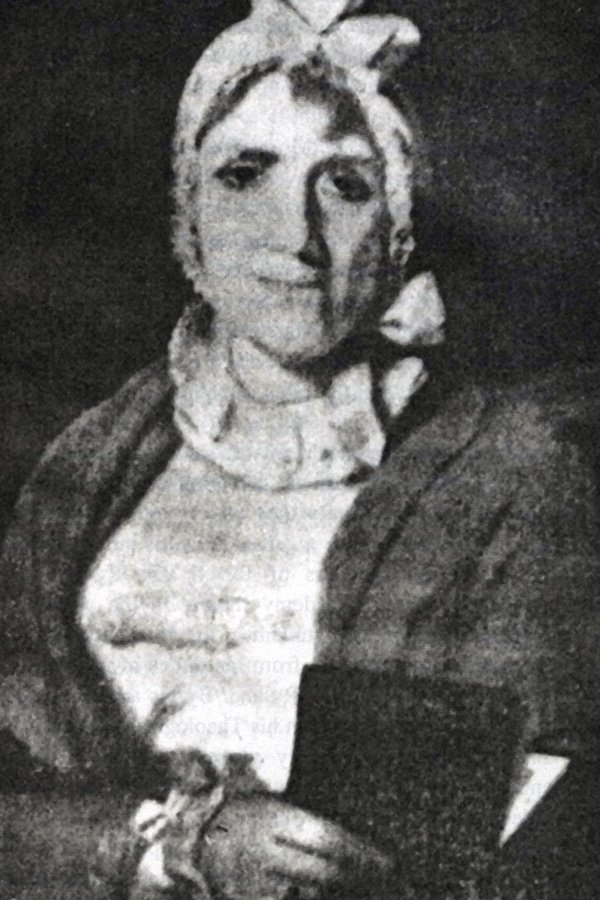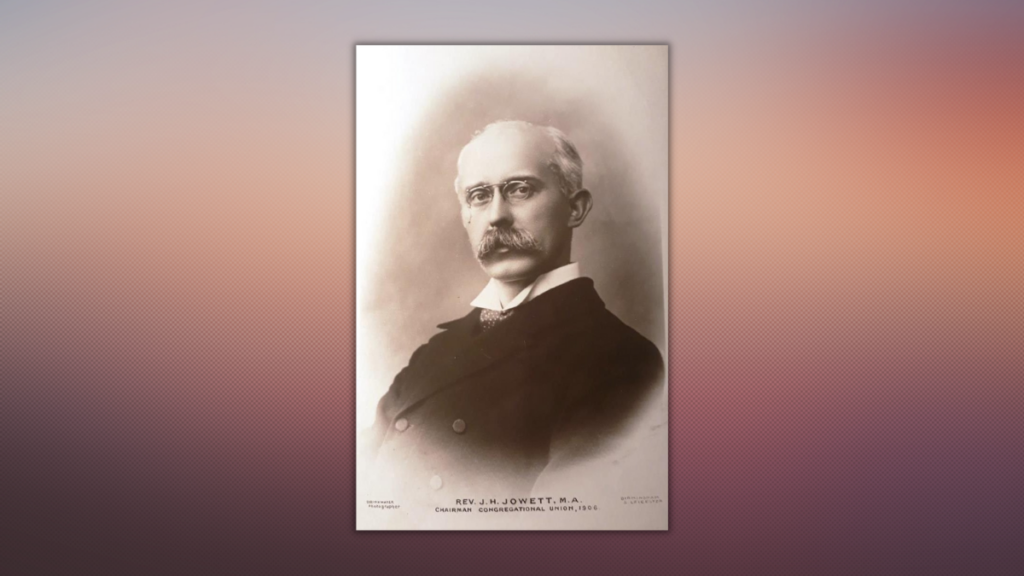2017 marks 250 years since birth of first female missionary to India
By Joanne Sloan
Hannah Marshman was the first female missionary to India. Serving diligently for 47 years in Serampore, she outlived the famous Serampore Trio — Joshua Marshman, William Ward and William Carey.
This year is the 250th anniversary of her birth.
She was born Hannah Shepherd on May 13, 1767, in Bristol, England, to John Shepherd, a farmer, and Rachel Clark Shepherd. Her parents died when she was young.
Hannah Shepherd moved to Wiltshire to live with her grandfather, who served as a pastor for 60 years at the Baptist church at Crockerton. Her grandfather educated her in both secular and biblical knowledge.
Profession of faith
When she was 15 she knew she was a sinner who needed Christ. For the next few years, her health was poor. Years later she said those years of suffering were the happiest of her life because she experienced mercy. Soon after her recovery, she made a public profession of faith and was baptized.
In 1791 she married Joshua Marshman. In 1794 they joined Broadmead Baptist Church, Bristol.
The couple had 12 children but several died as infants.
Known as the father of modern missions, William Carey arrived in India in 1793, working under the Baptist Missionary Society. After several years laboring in the Malda district, Carey sent an urgent request to England for more missionaries.
The Marshmans and their two children answered that call. On the perilous journey Hannah Marshman made a steadfast commitment to God, which never wavered.
The family arrived at the Danish colony of Serampore (near Calcutta) on Oct. 13, 1799. Carey joined them in January 1800. With him was John Fountain, a teacher. Soon printer William Ward and missionary William Grant came. Grant and Fountain died soon after arriving.
In addition to her many duties, Hannah Marshman became “mother” of the mission. She ran the large communal household and cared for many in addition to her family: Carey’s mentally ill wife, Dorothy; the widow and children of Grant; and the pregnant widow of Fountain.
She also had to discipline the four unruly Carey boys. Their mother couldn’t raise them and their father was occupied with his numerous activities. The Marshmans and Ward offered not only discipline but also instruction and companionship to the boys. They grew up to be successful citizens.
In May 1800, Hannah and Joshua Marshman opened two boarding schools for English children and one free school for Indian children. The income they received from the boarding schools helped make the Serampore mission financially independent.
From the time she stepped off the ship, Hannah Marshman had a burden for Indian women. She established and operated a school for young women around 1800. It became a model in India and by 1926 there were 14 other schools in the country.
A tribute
Hannah Marshman died March 5, 1847, 10 years after her husband. John Clark Marshman, who wrote a history of the Serampore Mission, wrote this tribute to his mother: “A woman of feeling, piety and good sense, of strong mind … fitted in every respect to be an associate in the great undertaking to which the life of her husband was devoted — and withal so amiable a disposition that nothing was ever known to have ruffled her temper.”
EDITOR’S NOTE — Joanne Sloan, a member of First Baptist Church, Tuscaloosa, has been a published writer of articles and books for 30 years. She has a bachelor’s degree double majoring in history and English from East Texas State University (now Texas A&M–Commerce) and a master’s degree specializing in English from the University of Arkansas (1978).






Share with others: